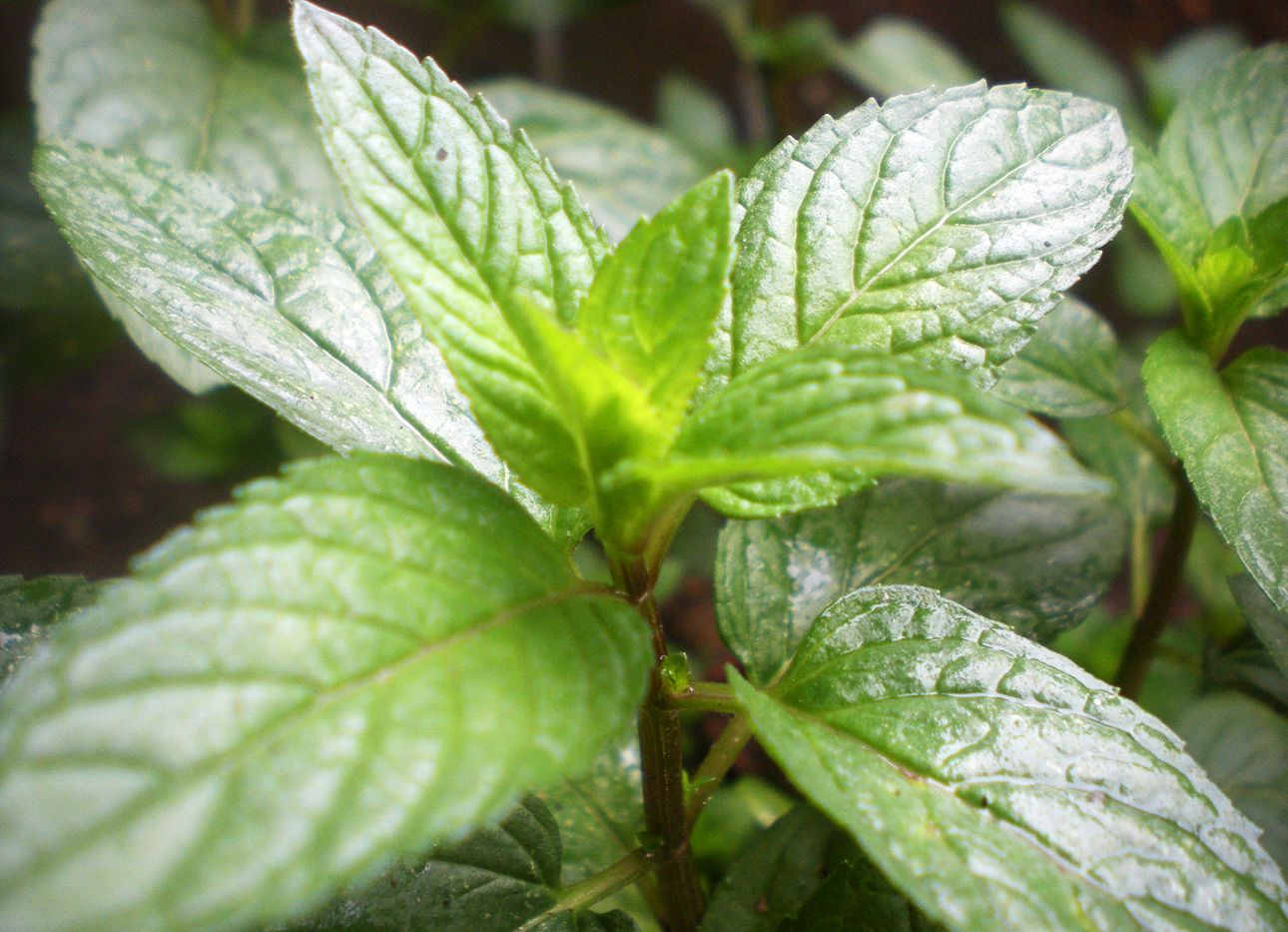
Why Peppermint Is Nature’s Best Insect Repellent
With the summer season come longer days, more time spent outdoors under the sun—and, unfortunately, all of the attendant pesky bites that can follow from wasps, bees, and mosquitos. In 2020, we also have the arrival of murder hornets to fear, of course (as if this year hadn’t offered enough unwelcome surprises), and store-bought repellants are often loaded with hazardous chemicals, potentially introducing more harm than help. Luckily, nature provides a salve to its own stings, at least in this respect: While insects can be attracted to a range of scents and perfumes, peppermint acts as a natural pesticide, due to its primary active ingredient, menthol. Grow fresh peppermint in your herb garden, roll some essential oils onto your skin, or dilute it with a bit of water to spray a simple solution that will fend off the winged aggressors. The lingering minty fresh scent, of course, is a pleasant side effect—and the natural menthol leaves behind a slight tingling sensation that’s much cooler than the skin-stinging alternative.